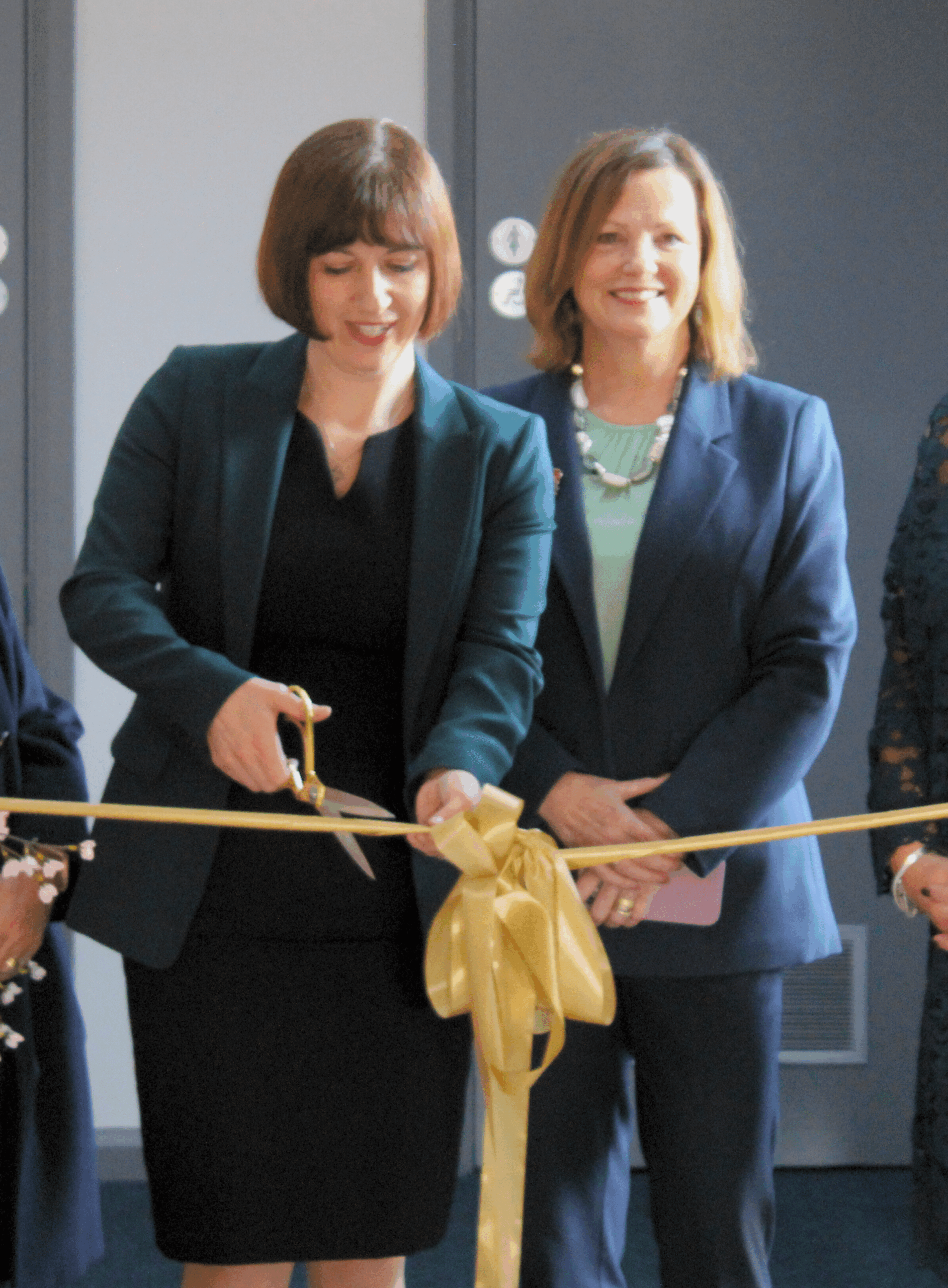Why Join Centurion?
Centurion Multi-Academy Trust was formed in early 2024. Our trust has 1400 pupils from 2 – 11 years, extending to 0 – 11 years in Autumn 2025.
Our communities are unique. Our trust provides high quality education to a wide range of pupils from different socio-economic, ethnic, faith and cultural backgrounds. Currently, the majority of our schools serve the most deprived areas in our country (IDACI, 2025).
All of our schools have been rated as GOOD or OUTSTANDING by our external School Development Partner. In March 2025, we had our first Ofsted inspection post conversion. Denbigh Community Primary School received OUTSTANDING grades in all areas with no Areas for Improvement.
What is our Centurion ethos?
On formation the four founder schools wanted to maximise and pool resources and knowledge to ensure maximum benefit for children and families within each bespoke school community.

Our Vision and Values:
At Centurion Multi Academy Trust we are pioneers in leading learning, champions in leading achievement and trailblazers in leading success for all.
Our vision is to cultivate an educational environment where innovation, dedication and collaboration converge to empower every learner to excel, ensuring a pathway to lifelong success and fulfillment.
This overriding mission underpins all governance considerations. Across all layers of Centurion Multi-Academy Trust leadership we are mindful of our collective mission and vision statement.

Centurion Fulfils is vision by:
-
Building a collaborative approach that provides support and challenge
-
Provide an exciting and foreword thinking place to work
-
Being financially successful, providing value for money, so we can maximise money available to spend on our pupils.
-
Being a fair employer that attracts and retains high quality people through a commitment to wellbeing and personal development.
-
Raising aspirations and life chances of our children through bespoke high-quality curricula that provide exciting opportunities, experiences and learning.
Centurion Strategic Aims are enacted by:
-
Strong effective governance
-
Robust strategic financial and corporate management
-
Readiness for growth
-
School curricula that meet the need of each unique school community
-
Strong reputation and influence
-
A highly skilled and motivated workforce
-
The highest standards of Safeguarding, Health & Safety and planning for risk.
What is an Academy and a Multi Academy Trust
As with any other state school, an academy is free to attend, inspected in the same way and children take the same assessments. They are state-funded schools, but independent of local authority oversight and instead operated by a school Trust. The Trust is a single legal entity, which is accountable for all the schools it operates. Trusts that oversee several schools are a Multi-Academy Trust.
MATs are charitable companies, limited by guarantee. This means that they must be registered as a company with Companies House, and as an exempt charity are required to comply with certain aspects of charity law. Trusts are charities that exist purely to run and improve schools, to advance education for public benefit.

Governance and Autonomy:
(please refer to our Governance section of this website for Centurion’s governance structure)
A MAT has Articles of Association (Articles) which sets out the constitution governing the trust. The governance detail is set out in these Articles and describes the structure of the membership and the board of trustees of the Trust. All school trusts must operate by the rules established by the Department of Education and The Academies Handbook sets out rules for compliance.
In our Articles we have ensured that each school retains a local governing board or Academy Education Board. This ensures schools retain local decision making over aspects that really make a school different and unique in its context. The Scheme of Delegation published on this website details what responsibilities Academy Education Boards (AEB) retain and what decisions are made centrally. Legally, the AEB is a committee of the Trust Board who remain the responsible body.
It must be noted how much time, effort and diversion from the core job of delivery of a quality education-maintained schools need to do.
Centralising financial and corporate services can make school leadership efficient and liberating, so that school leaders can concentrate on what really makes a difference to children’s education: quality in the classroom, the curriculum as well as the wellbeing and development of all stakeholders.
Finance: How does funding work?
A school entering a Trust enters into funding agreements with the Secretary of State for Education. These agreements set out how the trust is funded, with accompanying obligations. A school will have a Master Funding Agreement relating to general funding obligations and governance matters, as well as Supplemental Funding Agreements in relation to each school within the Trust. Trusts receive their funding directly from the DFE. The Academies Handbook sets out the compliance rules and framework for financial management that all academies must adhere to.
Funding is calculated in the same way as a maintained school on a per-pupil basis, this money is paid direct to the Trust who is responsible for directing this to their schools. At Centurion, we ensure that as much money as possible goes direct to each school and its pupils, but like a local authority, we have a central charge, an amount of money that covers central executive functions that benefit all of our schools. This is between 5 and 7%. We aim to make this contribution as small as possible, and we do not have large overheads and expensive service provision that the LA must pay for.
The Trust operates a small financial team located at the central office, supported by school-based administration and business teams. Monthly management accounts are prepared by our central team on behalf of the schools with monthly finance meetings to ensure schools remain on track to budget, and we have clear vision to future budgeting.
The Trust operates a single bank account, where income is allocated to each school.
Our financial year is from 1st of September to the 31st of August, aligned to the academic year and our funding from the DFE.
A three-year budget of income and expenditure is prepared each year. Each school owns their individual budget and is responsible for tracking income and expenditure on a regular basis. In line with the trust’s Reserves Policy our schools have a reserves balance for “one off” improvement projects.
Corporate Services:
Human Resources:
Support to our school leadership team and all staff, is provided by a professional third-party organisation with extensive education sector experience. Regular meetings are held in our schools to enable discussions on all matters, ensuring our staff are well supported.
Legal services:
The trust engages a reputable firm of lawyers to provide guidance and support on all matters, as needed.
Employee services:
Payroll services and employee administration are managed by a professional third-party organisation. Salaries are paid on the last working day of the month. All payslips are provided electronically to staff.
ICT Infrastructure and Cyber Security Support:
The trust engages a reputable ICT service provider firm to provide guidance and support on all matters, as needed.
Curriculum Approach:
Our schools offer broad and balanced curricula that are bespoke to meet the needs of pupils within the school context. We offer excellence in our curriculums that is inclusive for all of our learners.
Locality and Collaboration:
Out trust actively promotes local collaboration and support amongst our schools.
We have strong community links. We are referral partners to Family Gateway that provides personal, social and community to support to our families to ensure our children get the best start in school – please refer to the link on our website.
School Improvement:
(please refer to our School Improvement section of this website).
At Trust level, school engages with external partners to provide school improvement support and challenge. Personnel are Ofsted accredited.
At school level, leaders can access school improvement support and development from a range of partners, including the local authority, to meet specific school improvement needs.
Staff Development:
Leaders and staff at all levels within Centurion have access to networks both internally and externally which support them to meet their continuing professional development.
School leaders meet every 2-3 weeks to use their expertise and knowledge on a solution focused agenda.
Subject Leader networks are established are working well to share ideas and solutions in order that all our schools have practitioners of the highest quality.
Legal Framework and Due Diligence to ensure transparency and accountability:
Centurion ensures transparency and accountability via key legal mechanisms:
-
Governance structure on oversight by Members, Trustees and Academy Education Board governors. Key governance documents are published and are accessible.
-
The Scheme of delegation helps ensure clarity about who is responsible for what.
-
The Chief Finance officer (CFO) handles detailed financial procedures, and the CEO serves as Accounting Officer for propriety, regularity, compliance and value for money. The CEO also maintains oversight of financial transactions and adequate control systems, proper Asset Managment and ensure accurate accounting records. Annual audited accounts are presented to Trust’s Members at the AGM.
-
All Members, Trustees and Governors are required to complete annual declarations of business interest and declare any pecuniary interests. This guards against conflicts of interest.
-
Centurion relies upon data informed school improvement model that consists of self-audit tools, stakeholder feedback and performance metrics. Both internal and external expertise are used to verify findings, ensure challenge and foster improvement.
-
The trust has a strong oversight of Safeguarding; strong assurance has been given from auditors.
-
As a MAT, Centurion must comply with various legal and contractual frameworks (eg The Academies Handbook, Charity Law, funding agreements). The Accounting Officer duties ensure compliance.
-
The Trust is registered with the government, has unique identifiers and provides data through official services.
Frequently asked questions:
At Centurion our Scheme of delegation is deliberately designed to reflect our aim in preserving the uniqueness and individuality of our schools in our trust. We believe schools are unique places in their own communities and context and one size does not fit all. Our rationale is that where a school is performing well, is financially strong and the children and their families are happy with the quality of education there is no reason to seek or initiate change. Our school leaders and their governing bodies within the Academy Education Boards are both representative of and have a deep knowledge and understanding about their stakeholders and their community.
Centurion is committed in working with the whole education system for the best outcomes for our children and their families. All our current schools are within North Tyneside Local Authority, and we continue to have a close working partnership with them: Some schools have continued with some LA Service level Agreements. Over time we have reviewed services we buy, and, in some cases, external services have been procured. This approach ensures both enhanced quality services for our trust and sometimes making a significant cost saving.
We continue to be key partners with the LA and buy into school improvement services, which include network training sessions. Centurion would continue to support, contract and liaise with LA in the future.
Centurion staff would notice little difference as we uphold all of the pre-existing terms and conditions that are enshrined in the School Teachers’ Pay and Conditions Document (STPCD – Burgundy Book) as well as recommendations of the School Teachers Pay Review Body. For support staff, we follow the joint union guidance (Green Book) to ensure that our support staff are well looked after and benefit from the Trust.
Operationally, maintained schools’ staff and governors need to adapt to the Trust Scheme of Delegation and the decision levels within it. Staff will undergo a TUPE (Transfer of Undertakings) process, which protects employment rights. There will be a period of harmonising of policies, particularly for those that are standardised across the Trust. There will also be adoption of the Trusts financial systems. The school will be supported by the Trust throughout this process.





